Controlling a Healthcare Crisis
The impact of opioid use by women of child-bearing age has reached epidemic proportions. The Neonatal Abstinence Consensus Initiative defines 10 priority areas with accompanying action steps to promote screening and referral services for women and children. The goal is to enact local policies and practices based in evidence and incorporated into practice statewide to drive safe patient outcomes and quality care.

A multi-modal initiative is a proven way to standardize your organization’s approach to pharmacologic and nonpharmacologic care for infants exposed to opioids.
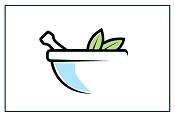
Prescribing practices and clinical protocols that emphasize alternative therapies or procedures in an ED to address pain can significantly reduce opioid use and prescribing in healthcare settings.

Opioid use disorder among pregnant women is rapidly increasing nationwide. Engaging patients and their families and support networks is at the core of a framework for driving actions.
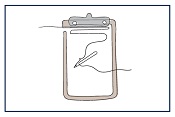
Screening questions about prenatal exposure to alcohol and other substances, as well as disclosure of that information, is often hampered by fear of punitive sanctions.

Practice lags behind policy in terms of supporting breastfeeding in women receiving medication-assisted treatment, particularly for Black women.
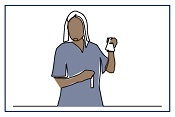
The Substance Abuse and Mental Health Services Administration (SAMHSA) developed clinical guidance to assist providers in optimizing outcomes for women and their babies.

From hospital admission to the weeks or months following discharge of mother and baby, interventions should be guided by non-judgmental, empathic care.
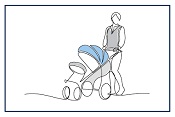
After delivery, the risk of relapse for women with substance use disorder is heightened. Support services, continuation of pharmacotherapy and planning for future pregnancies are critical.

Evaluation workplans help organizations think systematically about their improvement initiatives and continually evaluate all of their tests of change.
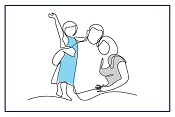
Consumer engagement in the development and delivery of health services to enhance the care of pregnant women results in improved outcomes.